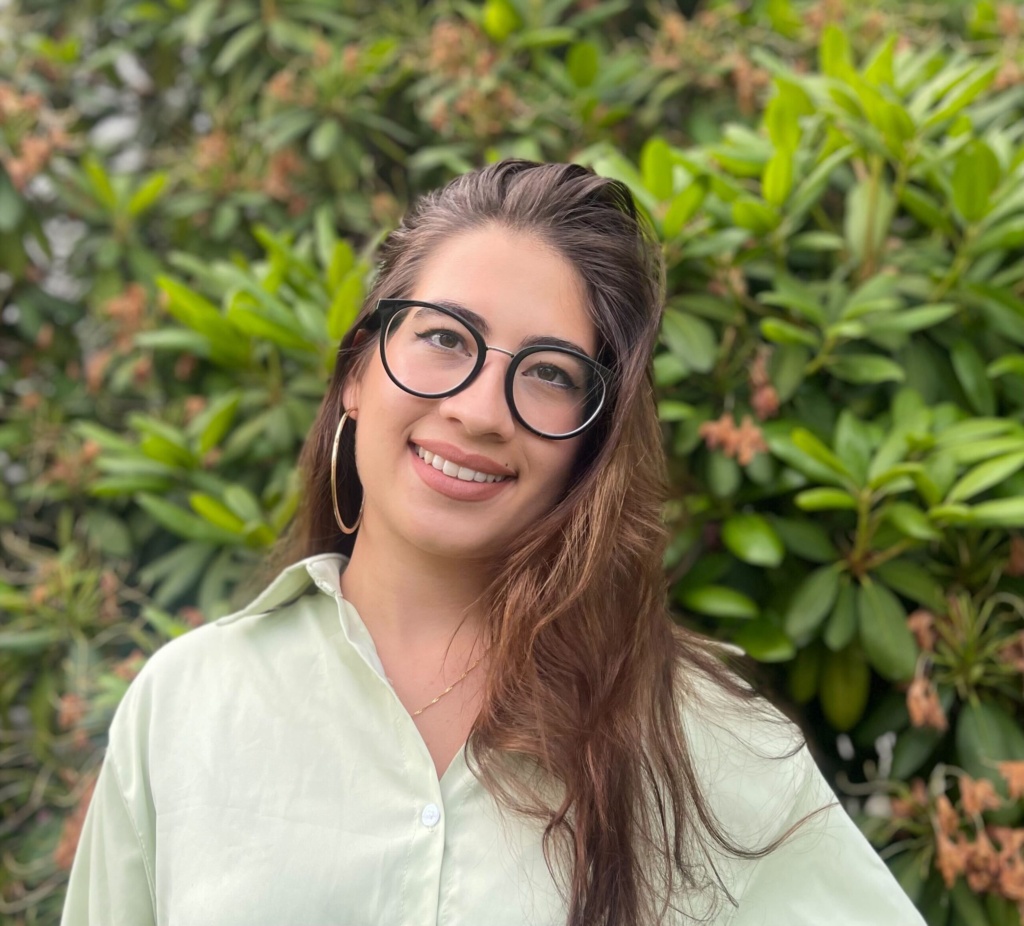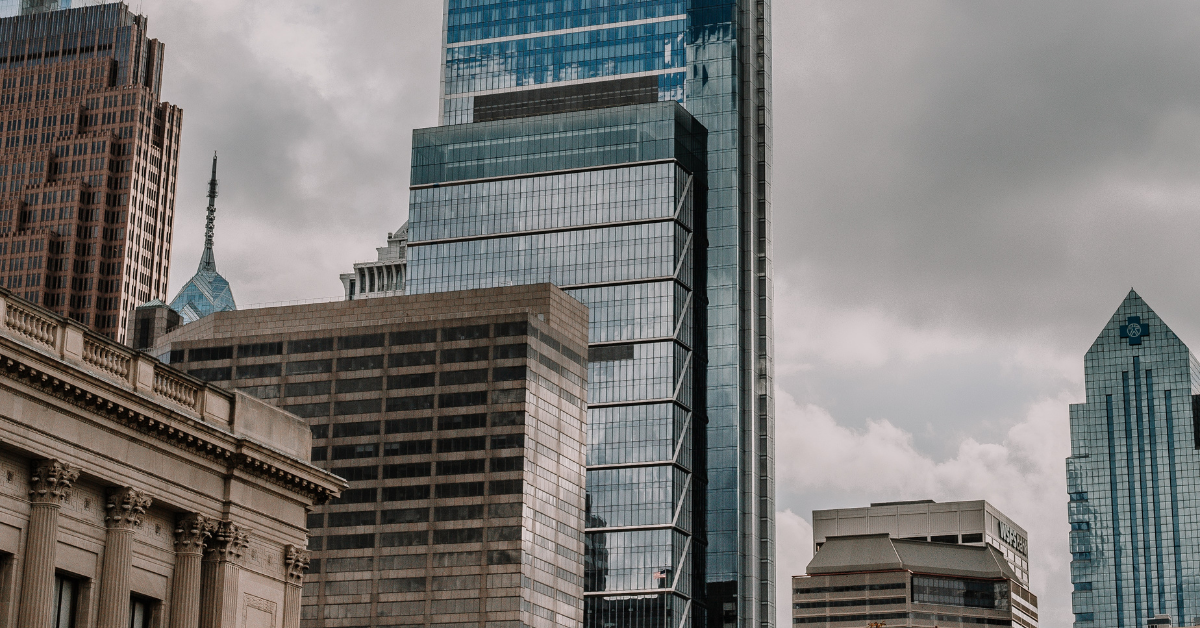By: Alesia Bani. |. Published on: Aug 18, 2022
Key Insights:
- Philadelphia ranked 27th on a list of cities dubbed as the best startup ecosystems.
- Cost of living, access to other major cities and opportunities for funding and professional growth have led some Black founders to headquarter their businesses in the city.
- From 2019 H2 to 2020, Philadelphia had $1.3 billion in total early-stage funding compared to the global average of $687 million.The City of Philadelphia is highlighted for its startup and economic growth, and in the past few years, several Black founders have decided to make the city home for their companies.
Philadelphia has ranked 27th in this year’s Startup Genome’s Global Startup Ecosystem Report (GSER) for best ecosystems for startups. Startup Genome worked with Ben Franklin Technology Partners of Southeastern Pennsylvania, University City Science Center and Drexel University to highlight Philly as a hub for hospital and university research and for its diverse talent. The AI, big data and analytics, and life sciences industries were pinpointed as accelerators of startup growth.
“Philadelphia is on an upward trajectory,” Tiffany Wilson, the president and CEO of the Science Center, said in a statement. “We’re well positioned to continue that momentum and if done right, serve as a global model for not only startup acceleration, but inclusive ecosystem growth.”
What Black founders say
Cody Eddings, the CEO of SnapRefund, co-founded the fintech startup in Philadelphia along with Anis Taylor to address the “dearth of financial literacy” in Black and brown communities in the United States.
“It was kind of a natural place for us to start operations,” Eddings told The Plug. “It was almost born out of convenience but then we would later come to learn about the wealth of programs and resources that are available in Philadelphia that help make it such an up-and-coming startup scene for technical entrepreneurs and professionals.”
SnapRefund is a “proud alum” of the Philadelphia-based Philly Startup Leaders (PSL) Founded in Philly Series I Accelerator and the Ballard Spahr BASE Program, Eddings said. The former supported SnapRefund through mentorship and networking opportunities with other early-stage entrepreneurs and investors, while the latter provided the startup with pro bono legal counseling to convert to a Delaware C Corp from an LLC.
A Philadelphia native, Stanard said she saw the potential in the city. Philadelphia’s cost of living is significantly lower compared to that of nearby Washington D.C. (33 percent lower) and Boston (26 percent lower).
Stimulus and SnapRefund represented the surplus of innovation coming out of Philadelphia in Northwestern Mutual’s Black Founder Accelerator program. Stanard and Eddings were two of five to receive a $100,000 investment.
Funding and location
Access to capital has traditionally been a driver of where founders build their businesses. While cities like Silicon Valley, New York and Austin are typically at the forefront, some Black founders said Philadelphia has provided comparable opportunity.
With the rise of remote work during the pandemic, entrepreneurs have also been able to fundraise and secure capital without having to leave their homes or offices. For SnapRefund, being headquartered in Philadelphia hasn’t had an impact on funding opportunities, Eddings said.
“As long as you have a computer and the Internet and a webcam, you could really go fundraise anywhere,” he said. “It just makes it more likely that people will have access to funds who might not have had the ability to do it before, especially Black people.”
Looking dollar-for-dollar, Eddings said most of SnapRefund’s funding has come from outside Philadelphia, but the startup has received two grants from Philly-based organizations: PSL and Coded by Kids.
“Being in Philly certainly has advantages, there’s no doubt, I would just caution anyone to think that location is a particularly important factor when it comes to getting investment,” Eddings said. “The VCs that I’ve interacted with are typically just looking for the best opportunities to park their cash.”
Philadelphia’s surrounding opportunities
Startup growth in Philadelphia has been on the climb in part to its accessibility to other East Coast startup hubs like Boston and New York.
Lola Bakare, the founder of marketing consultation platform be/co, grew up in Harrisburg, about two hours away from Philadelphia, and moved to the city to attend the University of Pennsylvania in 2002. Afterward, she moved to Chicago, then California but has recently relocated back to Philadelphia.
Living in Philadelphia was an opportunity for Bakare to be closer to the Philly-based non-profit she is on the board of, Monument Lab, and to travel more easily to New York for professional engagements associated with her business. Moving back to Philadelphia is a trend she and her network have noticed among founders who are “older millennials.”
“It’s really great for folks who want to be close to opportunities in New York, but the idea of living there may not necessarily be appealing,” Bakare told The Plug. “Philly’s an amazing option.”
Capital in Philadelphia
Raising capital has been a longstanding issue for Black founders, regardless of location. Although New York is typically the most popular city for San Francisco Bay Area VCs to set up secondary offices after Silicon Valley, in Philadelphia, the number of potential investors is growing.
To become an accredited investor, an individual must make more than $200,000. In Philadelphia, only 0.63 percent of residents crossed this threshold in 2009 compared to 1.12 percent in 2019. Only 12.3 percent of households in Philadelphia that made over $200,000 were Black, according to the Economy League. Of note, these figures only represent potential investors.
In 2021, Philadelphia startups closed 441 deals valued at $8.1 billion, according to the GSER report, but of the top VC deals, none of the companies (GoPuff, Misfits Market, Century Therapeutics and dbt Labs) have a Black founder.
From 2019 H2 to 2020, Philadelphia had $1.3 billion in total early-stage funding compared to the global average of $687 million. On the other hand, the median seed round was $525,000 compared to $671,000, according to the GSER report.
Although Bakare has not raised investment funds for be/co as a service-based entrepreneur, living in Philadelphia has given her the opportunity to serve as a marketing mentor for the Comcast NBCUniversal LIFT Labs Accelerator, powered by Techstars.
“Anchor companies like Comcast that are really investing in creating that next wave of startups here in Philly are doing a great job of just cultivating community and making sure people know you don’t have to go to Silicon Valley or Austin or even some of the more emerging tech hubs like Atlanta,” Bakare said.
“It’s very clear there’s something on the precipice here in terms of all the development that’s going on,” she added. “With the history that Philadelphia is rooted in it’s just a really interesting landscape for anybody creative to get inspired.

Alesia Bani
Alesia Bani is a writer and journalist from Philadelphia and The Plug’s Innovation Reporter covering the Black tech ecosystem in Philadelphia. She previously worked for the Institutional Diversity office at her alma mater Temple University and has a background in reporting on identity, DEI and local government.
Contact: alesia@tpinsights.com




